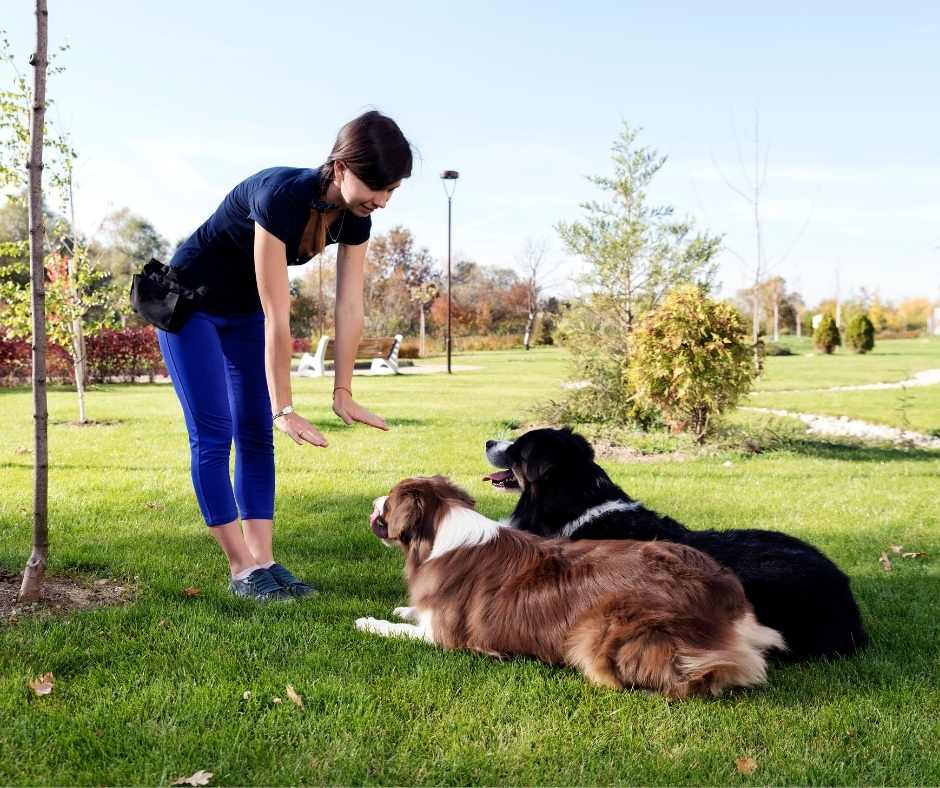
Anxiety is a common problem in dogs. Dogs of all breeds can suffer from anxiety, and each individual suffers differently from the others.
In this article:
Why dogs can get anxious?
Signs and symptoms of anxiety
How to help ease anxiety symptoms NATURALLY
Behavioural Training as an Anxiety Treatment
WHY DOGS CAN GET ANXIOUS?
Anxiety in dogs is defined as a feeling of discomfort that ranges from mild to severe and depends on many reasons. The three most common reasons are:
- Fear and Phobias
- Separation Anxiety
- Age-related Anxiety
If your dog suffers from anxiety from time to time, don’t leave it untreated because it can lead to many serious behaviour disorders. To read more about anxiety types, CLICK HERE.
SIGNS AND SYMPTOMS OF ANXIETY
General signs of anxiety in pets are:
- Shivering
- Howling
- Barking
- Digging everywhere
- Running away from the situation
- Panting and pacing
- Escaping the yard
- Excessive licking or chewing
- Hiding in the corner of the house
- Anorexia
- Destroying furniture
- Excessive urination
HOW TO HELP EASE ANXIETY SYMPTOMS NATURALLY
The foundation of the diet should be based upon raw or a healthy dry food, which is low in sugar and starch.
Another important aspect is digestive health and the gut microbiome health. As research progresses, there is a suggestion of your dog’s gut microbes have a huge impact on behaviour, and neural development.

CEN Oil is perfect to promote a calmer temperament as it does not contain any sugar or starch.
BEHAVIOURAL TRAINING AS AN ANXIETY TREATMENT
Anxiety in dogs can be easy to treat if diagnosed early. You can do many things to treat anxiety in dogs, such as behavioural training.
It is recommended to train your dog from an early age and try to change his negative association from being alone to something positive.
You can leave your puppy with something he likes, like chew toys or food puzzles. Similarly, train them from a young age to live alone for a few hours so that they do not suffer from it in the future.
Only give your dog anti-anxiety medication in extreme cases of anxiety.
Anxiety in the dog is a common problem. Your dog can be affected by anxiety for a number of reasons. You should contact your veterinarian if you notice any signs of anxiety for diagnosis and treatment.



